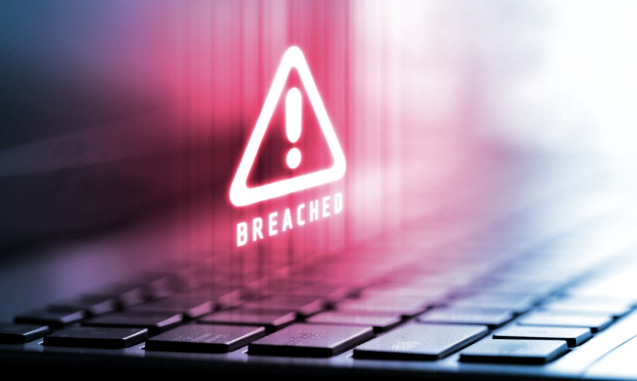
Introduction
In the ever-evolving digital landscape, technology has emerged as a double-edged sword. While it has significantly enhanced our lives, it has also cast a long and ominous shadow over our privacy and security. This comprehensive exploration delves into the dark side of technology, illuminating the growing concerns surrounding privacy and security in an increasingly interconnected and data-driven world. As we embrace the digital age, we must confront the multifaceted challenges that have emerged and the imperative of safeguarding our personal information and digital lives.
1. Data Privacy: The New Currency
In the digital era, personal data has become the new currency. Tech giants and corporations relentlessly collect, analyze, and monetize our personal information. This raises fundamental questions about data privacy, consent, and the potential for data exploitation. As technology advances, the need for strong data protection measures becomes increasingly urgent.
2. Cybersecurity Threats: A Growing Menace
The digital landscape is riddled with cybersecurity threats that loom over individuals, businesses, and even entire nations. Malware, ransomware, phishing attacks, and data breaches are becoming increasingly sophisticated and widespread. The implications of these threats are not confined to financial losses but extend to personal safety and national security.
3. Surveillance and Privacy Erosion
Technological advancements have equipped governments and corporations with powerful surveillance tools. The erosion of privacy and the potential for abuse have sparked debates about the balance between security and personal freedoms. The consequences of unchecked surveillance on individual rights and freedoms are profound, calling for robust legal frameworks and oversight.
4. Online Identity Theft: A Personal Invasion
Identity theft has evolved in the digital age, enabling criminals to steal personal information for fraudulent purposes, accessing financial accounts, and perpetrating crimes in someone else’s name. The impact of online identity theft is not solely financial but also deeply personal, leaving victims vulnerable and violated.
5. Social Engineering Attacks: Psychological Manipulation
Social engineering attacks leverage human psychology to manipulate individuals into revealing confidential information. These attacks have grown increasingly sophisticated and pose a significant threat in the digital age. Recognizing and defending against social engineering is essential for individuals and organizations.
6. Internet of Things (IoT) Vulnerabilities: Expanding Attack Surfaces
The proliferation of IoT devices has created new security vulnerabilities. Smart homes, connected vehicles, and wearable technology offer convenience but also serve as entry points for potential security breaches. Safeguarding IoT devices and networks is vital to protect privacy and security.
7. Ethical Concerns in Artificial Intelligence: Bias and Fairness
Artificial intelligence systems are used for predictive analytics, decision-making, and personalization. However, ethical concerns have emerged, particularly surrounding bias, fairness, and transparency in AI algorithms. Ensuring that AI serves ethical principles is imperative as AI systems continue to integrate into various aspects of our lives.
8. Online Misinformation and Disinformation: The Spreading Shadow
The digital world is fertile ground for misinformation and disinformation. False information can spread like wildfire through social media, impacting public discourse and even political processes. Addressing the challenge of online misinformation requires concerted efforts in media literacy and fact-checking.
9. Dark Web and Cybercrime: The Hidden Threats
The dark web, a concealed part of the internet, facilitates illegal activities, including the sale of stolen data, drugs, hacking services, and more. Law enforcement faces considerable challenges in combating cybercrime in this hidden realm, requiring international cooperation and advanced cybersecurity measures.
10. The Need for Digital Literacy: Empowerment through Knowledge
Amidst these concerns, there is an escalating need for digital literacy. Individuals and organizations must develop the skills to identify and mitigate security threats, protect their digital identities, and secure their data. Promoting digital literacy and cybersecurity awareness is a critical step in fostering a safer digital environment.
Conclusion
The dark side of technology presents multifaceted challenges that we must address as we navigate the digital age. While technology offers unparalleled opportunities and convenience, it has also unveiled vulnerabilities and ethical dilemmas. In this evolving landscape, vigilance and proactivity are paramount.
Efforts to safeguard data privacy, combat cyber threats, and address ethical concerns in technology are ongoing. Moreover, digital literacy and cybersecurity awareness are essential tools for individuals and organizations to defend themselves against the dark side of technology.
As we advance further into the digital era, the importance of recognizing these challenges and actively engaging in solutions cannot be overstated. By doing so, we can create a digital world that is not only innovative but also secure and respectful of our rights and freedoms. As guardians of the digital realm, it is our collective responsibility to protect our privacy and security in an increasingly interconnected world.

Leave a Reply